AWARD-WINNING AFRICA: TIME + TIDE & THE RULES OF ENGAGEMENT
Africa is #notonestory. More than a hashtag, it’s our mission statement – to tell Africa’s myriad stories in vivid and fascinating ways, no matter how controversial or difficult they may be. Telling these stories through travel is one of the most powerful mediums there is, which is why we celebrate the brands and individuals doing so in the yearly We Are Africa Innovation Awards. A year on from their victories, we’re in the midst of awards season – so we’re catching up with 2017’s winners to see how their award has impacted their brand, their vision for the future, and the communities they showcase to travellers.
In rural Zambia, being born with a disability is frequently attributed to witchcraft – leading to desperate situations for handicapped children and their families. Focusing their efforts on the tiny community of Mfuwe, next to South Luangwa National Park, the Time + Tide Foundation worked with locals to change perceptions of disabilities – equipping local leaders with the skills to manage sustainable interventions.
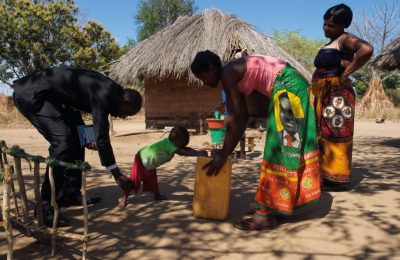
Tell us about your winning project – how does it show that Africa is Not One Story?
As we all know, Africa is a continent with many countries, cultures and layers. Zambia alone, the birthplace of Time + Tide, has around seven official languages and 74 dialects. Our winning project for ENGAGE Africa is based in a village on the boundary of the South Luangwa National Park. We engage with local experts who have knowledge of working with disabled children, sharing this information with their parents – creating a home-based education programme for 30 needy children. It has been an enormous success for both the children, who otherwise would have likely struggled to access education and a decent standard of living, and the families who support them.
“Community engagement is a long-term commitment to protecting ecosystems – it will always start and end with people”.
What did winning an Innovation Award mean to Time + Tide?
Given that the awards are voted for by our peers and partners, it means a huge amount. Everyone in the room is doing something for conservation and community engagement in various countries on the continent; for our project to have captured the hearts of the WAA tribe is a very special feeling. Zambia is a country which doesn’t often get the publicity and exposure it deserves; we know what a magical destination it is and it’s great to share that with the We Are Africa community. The community volunteers for the home-based project do not get paid for their work with these children, so it is also a way to acknowledge their commitment and let them know that what they do is highly valuable.
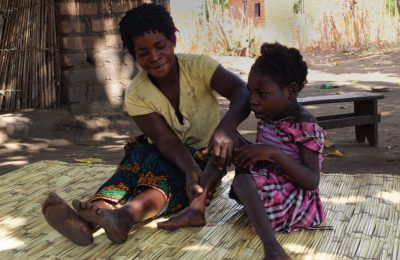
Why is it important for high-end travel brands to prioritise community engagement?
We are intrinsically linked to our local communities. We have to involve them and pass on the benefits from tourism, in order to ensure they are engaged in protecting habitats and wildlife. Human and wildlife conflict is real, especially if it means your crops are raided by an elephant and your family can’t eat, if you’re a subsistence farmer for example. Community engagement means prioritising the long-term commitment to protecting these remarkable ecosystems – it will always start and end with people. Without these landscapes effectively protected, there is no tourism ‘product’ to sell. Moreover, the stories our team can tell from years of living near the National Parks in which we operate are invaluable to guests – and the enrichment of their safari experience.
“Learning about how others live, work and dream is integral to us all becoming better global contributors”.
What can community engagement add to a travel experience from the point of view of the traveller?
All wild places are social systems as much as they are ecological ones. The history of people and protected places across Africa is complicated, divisive and informs a lot of the modern-day complications with biodiversity conservation. So, to learn about the ways in which communities engage with tourism and conservation of these areas is to have a more comprehensive overview of the context in which safari takes place. 95% of our workforce are from local villages and towns. Our guests are interested in how they grew up; the differences and similarities in family structures; and cultural customs. Learning how others live, work and dream is integral to us all becoming more aware and hopefully better global contributors at all levels of society.
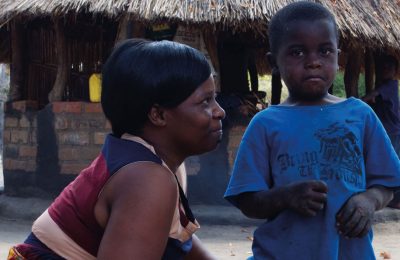






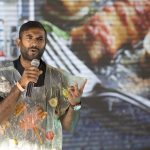
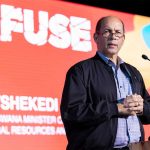

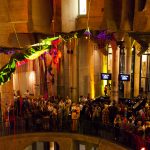
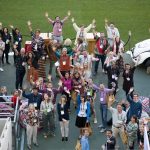
Leave a Comment
You must be logged in to post a comment.